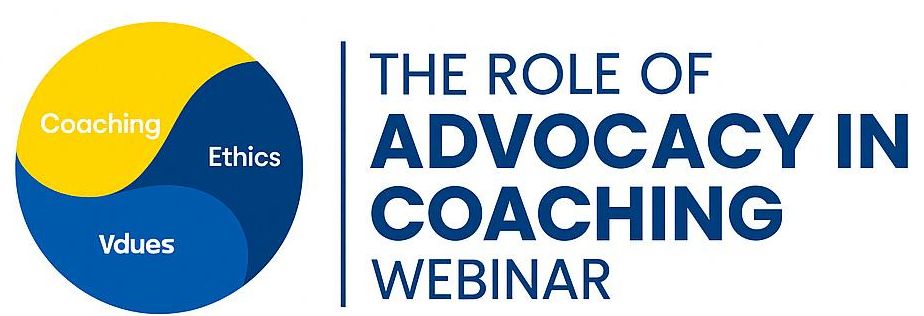
It was the Best of Times, and it was the Worst of Times…
Dec 19, 2024In times of uncertainty and division, such as the aftermath of a presidential election, many people find themselves grappling with anxiety, fear, and a longing for clarity. As coaches, we have a unique opportunity to serve as steadying forces, helping individuals and communities navigate these turbulent waters.
While we can’t single-handedly resolve global challenges, we can empower our clients to act with integrity, resilience, and a sense of purpose—creating ripples of change that extend far beyond the coaching relationship. So how can coaches rise to the moment, addressing the complexities of our world and guiding others to do the same? By embracing the idea that together, we can make a difference, one conversation at a time.
Here's how coaches can "save the world" in practical and impactful ways:
- Empowering Leaders to Act with Integrity and Vision
- Coaches help leaders develop emotional intelligence, make values-aligned decisions, and lead with authenticity, which can ripple through organizations and societies.
- By guiding leaders to prioritize sustainable practices and social responsibility, coaches indirectly contribute to solving systemic global issues.
- Fostering Resilience in Times of Crisis
- Coaches equip individuals and teams with tools to navigate uncertainty, adapt to change, and recover from setbacks, critical skills in a world facing climate change, pandemics, and economic instability.
- Through crisis and change management coaching, they can help communities rebuild and thrive.
- Addressing Polarization and Fostering Dialogue
- Coaches skilled in Nonviolent Communication (NVC) and conflict resolution can mediate divisive conversations, fostering mutual understanding and collaboration across ideological divides.
- By encouraging open dialogue and active listening, coaches can help groups find common ground on complex issues.
- Encouraging Systems Thinking
- Coaches trained in systems thinking can help clients see the bigger picture, understand interconnections, and make decisions that account for long-term consequences and societal impact.
- This perspective is critical for addressing systemic challenges like inequality, environmental degradation, and healthcare access.
- Empowering Grassroots Movements
- Coaching isn’t just for leaders at the top. Supporting grassroots leaders can amplify community-driven initiatives, empowering local solutions to global problems.
- Coaches can provide tools for individuals to mobilize, collaborate, and sustain efforts for change.
- Promoting Mental and Emotional Well-being
- With rising stress, burnout, and mental health challenges, coaches can support individuals in finding balance, purpose, and fulfillment, contributing to a healthier society.
- Coaches help clients reframe challenges, focus on strengths, and build habits that promote personal and professional growth.
- Driving Sustainability
- Coaches can integrate sustainability goals into their practice, helping clients align their actions with environmentally responsible principles.
- Coaching organizations can advocate for green practices and encourage clients to prioritize sustainability in their work and lives.
- Building a Culture of Collaboration
- Coaches foster cultures of trust, empathy, and innovation within teams and organizations, creating environments where diverse perspectives can lead to transformative solutions.
- Encouraging Bold Goal Setting
- Coaches help clients dream bigger and think bolder, challenging them to set goals that create positive impacts beyond their immediate spheres.
- Leading by Example
- Coaches can embody the change they wish to see by advocating for equity, justice, and sustainability, and by continually reflecting on their own practices and biases.
- Creating Ripple Effects
- Each coaching conversation has the potential to transform not just one person, but everyone they influence. A coach’s impact grows exponentially as their clients carry insights into their families, workplaces, and communities.
By embracing their role as catalysts for change, coaches can guide individuals and systems toward greater alignment, purpose, and effectiveness, creating a ripple effect of positive transformation across the globe.


